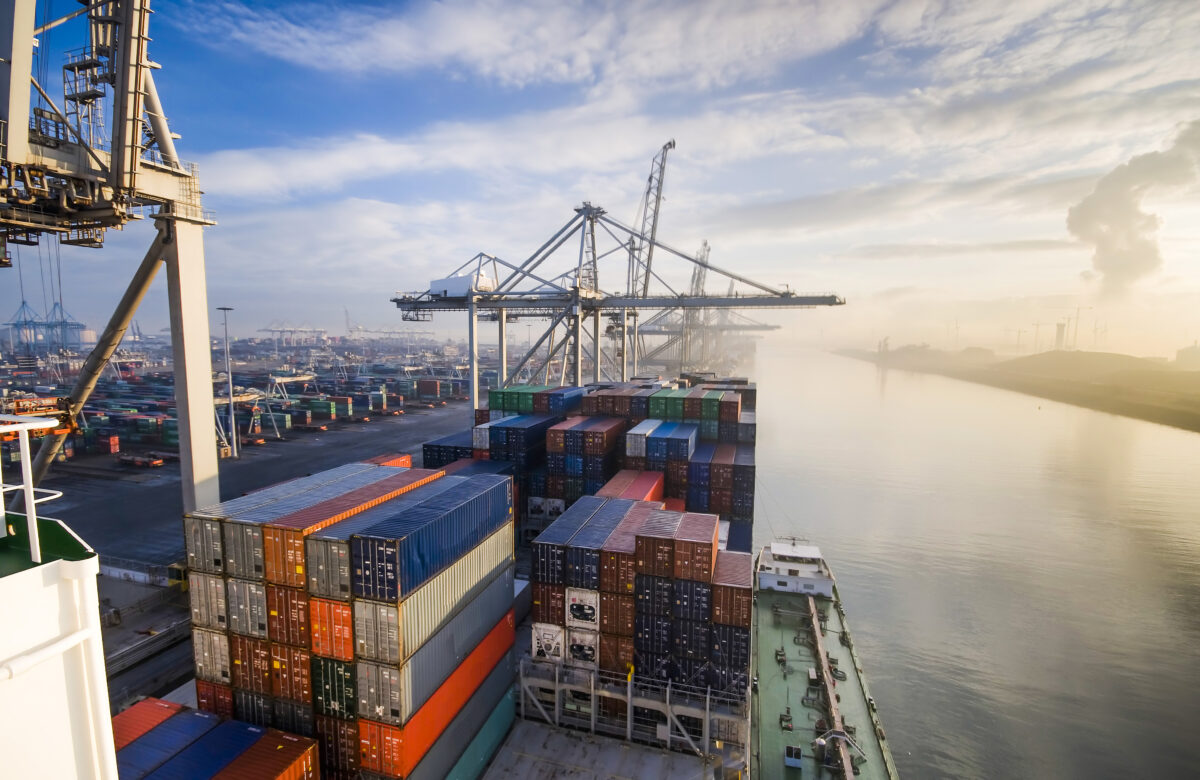Russia’s business is strongly affected by the political situation in eastern Ukraine and the sanctions imposed by the West. The Russian Federation has also responded with sanctions against the West.
Companies operating on the Russian market should be aware of these sanctions and their consequences. Russia is a member of the World Trade Organisation (WTO) and the Eurasian Customs Union with Belarus and Kazakhstan (ZU). As far as customs law is concerned, Russia can be compared with Germany in the European Union (EU). Thus, if Russian sanctions are violated or circumvented, not only subsequent collection of import duties is threatened in Russia, but also fines and, above all, criminal consequences.
Officially, Russia has been banned from importing certain foodstuffs from the EU, Norway, Australia, Canada and the USA for one year since the beginning of August. These include fish, meat and dairy products, as well as fruit, fruit and food products, which are mainly classified in the first 21 chapters of the Harmonised System (HS). Due to an initiative of the Russian Chamber of Commerce Abroad (AHK), which was supported by some well-known German producers, the import ban list was shortened by Russia on 20.08.2014. The AHK has published a German translation of the relevant government resolution with the current list of goods here.
If the West continues to turn the spiral of sanctions, Russia will “react adequately” according to Russian Foreign Minister Sergei Lavrov. It cannot be ruled out that sanctions will then be imposed on the car industry, as has already been considered in the past.
Our team will be happy to advise you about the Russian business.
Dieser Artikel wurde am 15. August 2018 erstellt. Er wurde am 30. September 2023 aktualisiert. Die fachliche Zweitprüfung hat Rechtsanwalt Dr. Tristan Wegner durchgeführt.

